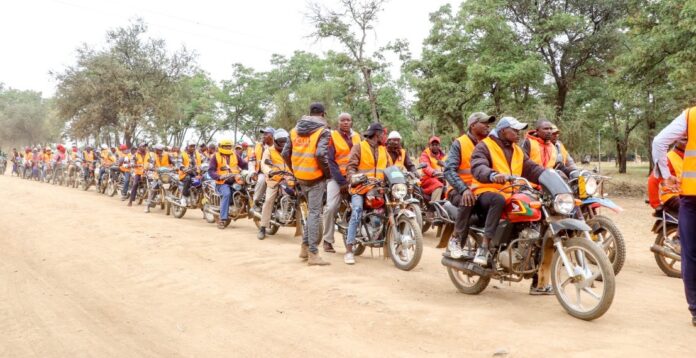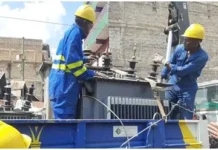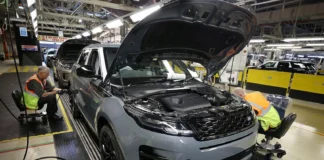Kenya’s boda boda sector is set for a major transformation as the government rolls out new regulations aimed at enhancing safety, accountability, and professionalism in the motorcycle transport industry.
This comes after a high-level meeting on Thursday, September 11, between senior police chiefs and the leadership of the National Boda Boda Association in Nairobi.
The meeting, convened by Nairobi Regional Police Commander George Seda, brought together key stakeholders to address growing concerns over rising lawlessness and mob justice linked to boda boda operators.
Under the new rules, riders will be required to wear county-specific uniforms and have unique identification numbers assigned to every motorbike. Each Sub- County will also have its uniform with different colours separated from the rest.
They must also be registered and at least 18 years old. Riders must also have a certificate of good conduct, two helmets, and a valid driving license.
Commander Seda explained that the uniforms will enhance accountability and make it easier for both authorities and the public to identify riders within their jurisdictions.
The meeting also resolved that all boda boda riders must join Savings and Credit Cooperative Societies (SACCOs) and stage chamas, a move aimed at instilling discipline, strengthening regulation, and promoting financial responsibility in the sector.
Commander Seda cautioned boda boda riders against interfering with traffic accident investigations, warning that police would not hesitate to take action against offenders.
He emphasized that law enforcement is the sole responsibility of the police and other mandated agencies, and that indiscipline within the sector would no longer be tolerated.
He further clarified that the law applies to individuals, not collectively, stressing that enforcement will directly target offenders.
“There is no solidarity in the application of the law — it applies to individuals. If one rider has been involved in an offence or accident, the responsibility lies with that individual alone. The law will not be applied collectively,” he added.
In addition, Boda-Boda Safety Association of Kenya (BAK) chairperson Kevin Mbadi warned riders against mob justice and retaliatory attacks following accidents, stressing that those who take the law into their own hands will be held personally liable.
“We have agreed as boda boda leaders that if a vehicle is torched in your area, the local heads will face a crackdown until they provide the names of those responsible. The culprits will be arrested,” Mbadi said.
“That is why we are rolling out registration, because some criminals have been using boda bodas to escape after committing crimes.”
He also announced that BAK had signed a Memorandum of Understanding (MoU) with a network of lawyers who will provide free legal services to riders aggrieved in road-related cases.
“It is the work of the police to process an accident or crime scene and ensure that matters are addressed amicably. It is not the work of an aggrieved party to enforce justice,” Mbadi added, urging riders to allow due process to take its course.
The measures come amid rising insecurity linked to boda boda riders, including incidents of vehicles being torched after accidents and attacks carried out by criminal gangs and goons posing as riders.


















